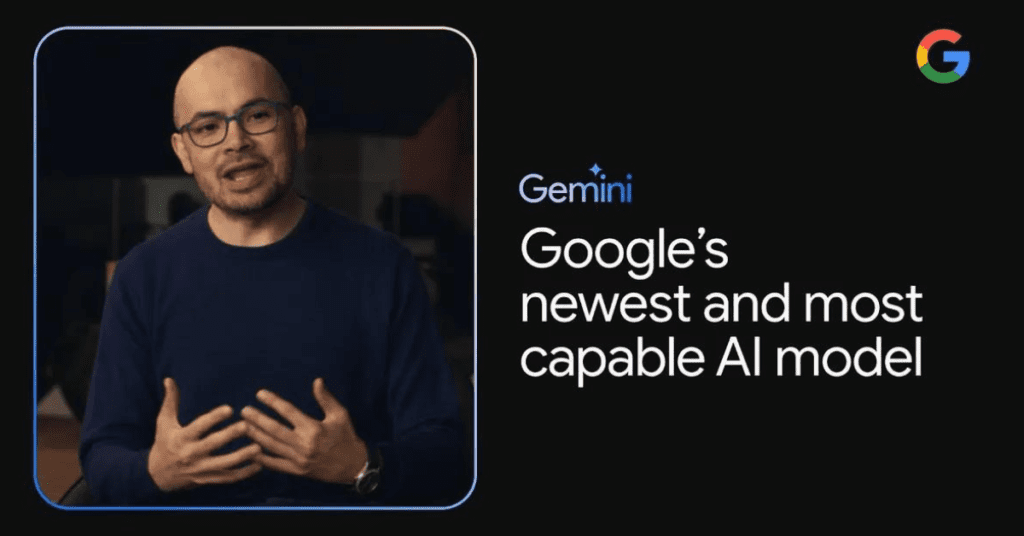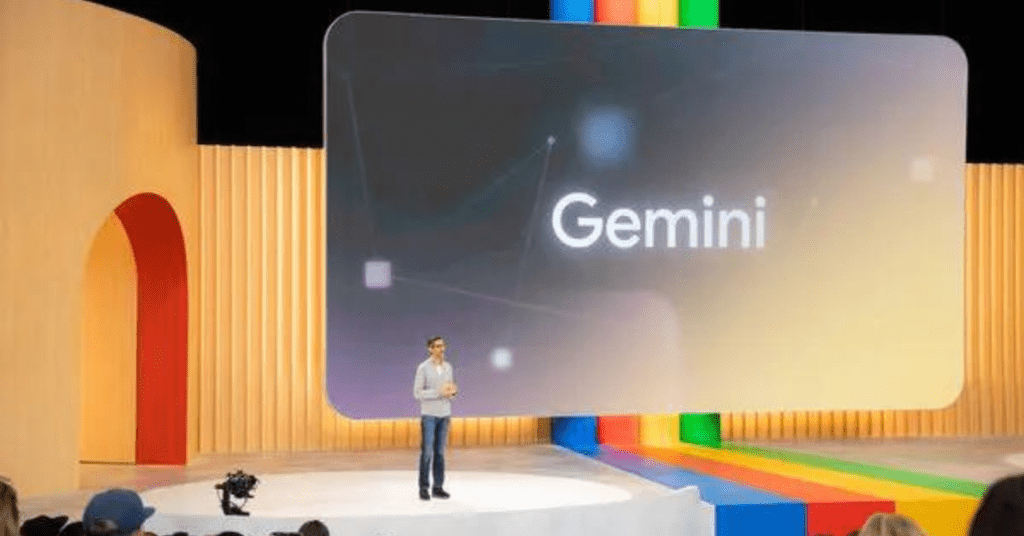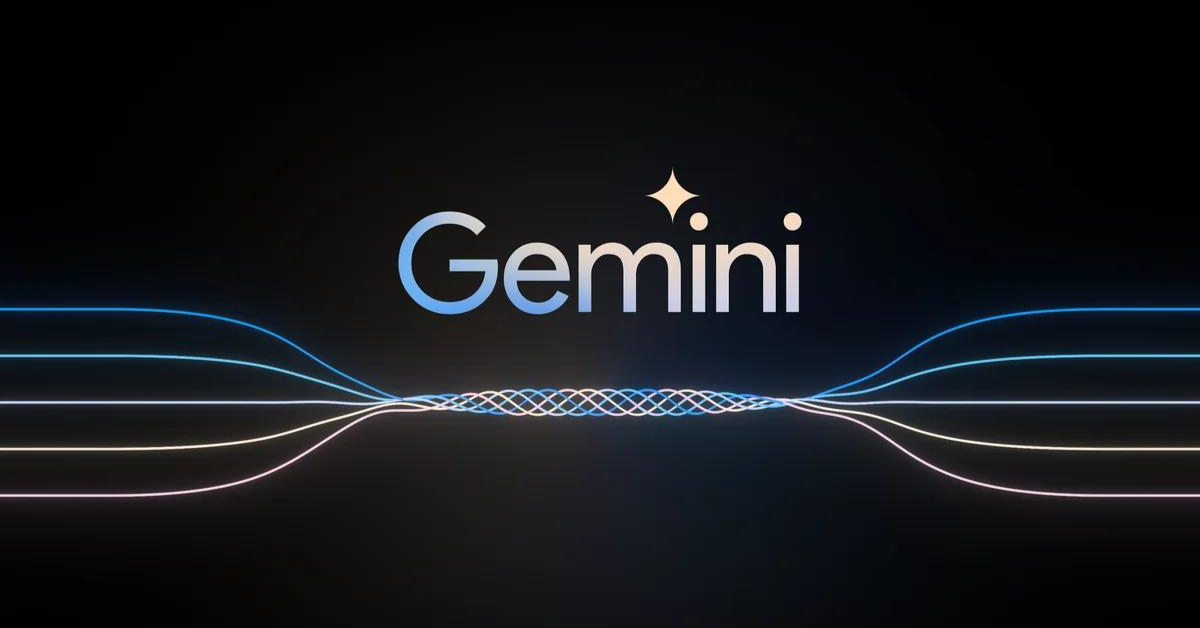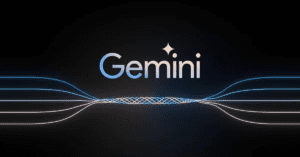In recent times, OpenAI has undeniably dominated the landscape of artificial intelligence (AI) and chatbots, showcasing the prowess of its GPT-4 large language model (LLM) through the meteoric rise of ChatGPT. Having established an early lead, OpenAI set the bar high, prompting others to play catch-up in the ever-evolving realm of AI.
However, a new contender has entered the arena in the form of Google Gemini. This fresh player made a splash in December 2023, unveiling its capabilities to a captivated audience, even if the initial demonstrations may have leaned toward the dramatic. After months of anticipation, the veil has been lifted, revealing a compelling narrative of what Google has envisioned for the future.
But can Gemini truly rival GPT-4? What are its current capabilities, and what might the future hold? For those intrigued by Google’s latest AI endeavor, this deep dive into the intricacies of Gemini aims to provide answers to these questions and more.
Table of Contents
Unveiling Google Gemini
What is Google Gemini?
Gemini stands as Google’s latest large language model (LLM), akin to GPT-4. LLMs are the backbone of AI tools encountered on the internet, such as GPT-4 powering ChatGPT Plus. However, Gemini distinguishes itself by being integrated into various tools like the Bard chatbot, Google Search, YouTube, and more. It serves as the cognitive engine, orchestrating the functionality of these tools.

Google has meticulously crafted three variants or “sizes” of Gemini: Nano, Pro, and Ultra. Nano, now embedded in the Pixel 8 Pro, caters to mobile devices, while Pro has already found its place in Google Bard. Ultra, designed for “highly complex tasks,” awaits integration into Bard pending extensive testing.
What Can Gemini Do?
In a noteworthy press release, Google elucidated that Gemini is a multimodal AI tool, proficient in handling diverse forms of input and output, including text, code, audio, images, and videos. This versatility endows Gemini with the capability to perform a myriad of tasks. The launch event showcased Gemini’s prowess through a hands-on video, portraying impressive feats, albeit with a certain degree of artistic license. Real-time demonstrations featured Gemini tracking a concealed paper ball, deciphering sleight-of-hand coin tricks, predicting dot-to-dot puzzles, and even assessing potential dangers on a map.
However, a separate blog post by Google unveiled the intricacies behind the video demo. While the displayed outputs were indeed from Gemini, the real-time conversational fluidity depicted in the video was achieved by feeding the AI model still image frames and employing text prompts, not voice interactions. Despite recent integration into Google Bard, akin to the early days of tools like ChatGPT, Gemini Pro exhibits some imperfections, struggling with tasks such as naming recent Oscar award winners and generating accurate code. It has also shown inaccuracies when operating in non-English languages.
Moreover, Google boldly claimed that Gemini outperformed OpenAI’s GPT-4 in nearly every test the two models underwent. However, the margins were often marginal, and considering GPT-4 has been in the field for almost a year, Google’s progress might not be as groundbreaking as initially perceived.
This narrative implies that there’s ample room for improvement. While Gemini boasts impressive capabilities, it may not be the omnipotent AI Google envisions—at least not yet.
The Release Timeline
When was Gemini released?

Gemini Pro is integrated into Google Bard but has limitations and is only available in English. Google plans to address these soon. Gemini Pro will launch on Google AI Studio and Google Cloud Vertex AI on December 13, providing developers with prototype tools and data management. Gemini Ultra requires extensive testing for reliability and accuracy. It will be introduced to Bard in 2024 with enhanced capabilities. Gemini Nano is now available on the Pixel 8 Pro smartphone, bringing improvements to features like Smart Reply and the Recorder app’s Summarize feature. The Gemini models will unlock new capabilities for the Assistant with Bard experience on the Pixel in early 2022.
Navigating Gemini: Usage and Pricing
Is Google Gemini Free?
The details on Gemini pricing remain somewhat elusive at present. Gemini Pro, integrated into Google Bard, is currently offered for free without necessitating any payment or credit system. Similarly, Gemini Nano was introduced to the Pixel 8 Pro smartphone through a complimentary update.
Speculation arises regarding Gemini Ultra, given its advanced capabilities. Analogous to OpenAI’s ChatGPT Plus subscription model, Google might opt for a paid structure for Gemini Ultra. However, no official statement from Google has confirmed this speculation, leaving the pricing aspect open-ended for now.
How Do I Use Google Gemini?
The method of utilizing Google Gemini depends on the specific version and the product it integrates with. Google Bard stands out as the primary platform for interacting with Gemini. Users can input prompts and await responses from Bard, covering a spectrum of queries, from weather forecasts to coding assistance. Safeguards are in place to prevent the generation of illegal or harmful content.
For Pixel 8 Pro users, Gemini Nano can be experienced in two ways. The Gboard keyboard offers suggested replies in messaging apps, expanding to other applications next year. Additionally, in the Recorder app on the Pixel 8 Pro, Gemini can summarize recorded conversations and presentations, showcasing its on-device capabilities that function even without an internet connection.
Gemini Ultra, with its focus on highly complex tasks, is expected to cater to researchers and industry users. Its integration into Google’s chatbot as Bard Advanced promises an exciting avenue for exploration once it becomes available.
Gemini vs. GPT-4: Unraveling the Differences
Despite both being large language models designed to support AI tools, Gemini and GPT-4 have their own distinctions.
Firstly, Google claims that Gemini surpasses GPT-4 in terms of advancement. In a blog post, Google presented the results of eight text-based benchmarks, where Gemini outperformed GPT-4 in seven of them. Additionally, Gemini emerged as the top performer in all ten multimodal benchmarks, as stated by Google.
This might suggest that Gemini is the superior system, but the situation is not as straightforward. GPT-4 was released in March 2023, meaning that Gemini is essentially catching up to a nine-month-old AI tool. Since we are unaware of the capabilities of OpenAI’s next version of GPT, it is difficult to determine which tool is truly better at the present moment.
Furthermore, Google only compared Gemini Ultra to GPT-4. This implies that we do not have information on how well Gemini Pro and Nano can currently compete with GPT-4. However, considering the narrow margins between GPT-4 and Gemini Ultra, it is likely that OpenAI’s model surpasses Gemini Pro and Nano.






